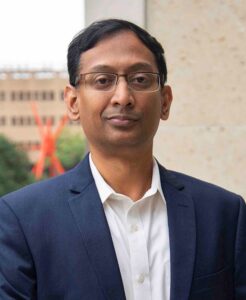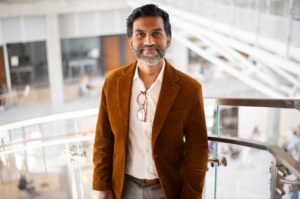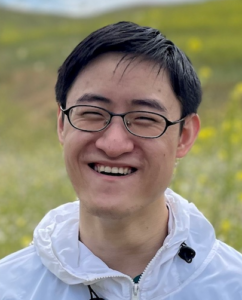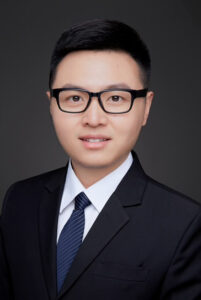Friday, Sept. 5 2025
10:20 – 11:10 a.m. in ETB 1020
Fabia Farlin Athena
Energy Postdoctoral Fellow in Electrical Engineering
Stanford University
Title: “Emerging Materials and Devices for Energy-Efficient Nanoelectronics”
Abstract:
The rapid rise of data-intensive workloads, driven by artificial intelligence, is exposing the fundamental energy and latency limits of conventional computing hardware. The memory wall bottleneck, in particular, demands a shift toward new hardware architectures designed to minimize costly data movement. In this seminar, I will present advances at the intersection of materials science and device engineering that address this challenge. First, I will discuss adaptive oxide-based resistive memories for in-memory computing, detailing how novel MAX-phase electrodes achieve record-low off-state currents and how an in-situ recovery method enables robust transfer learning on analog AI accelerators. Next, I will introduce complementary back-end-of-line technologies that advance scalability for high-density, on-chip memory, including oxide semiconductor gain-cells and an interface-dipole engineering strategy for precise threshold voltage tuning. Together, these results highlight a practical and scalable path toward vertically integrated, energy-efficient electronics for future data-centric applications.
Biography
Dr. Fabia Farlin Athena is an Energy Postdoctoral Fellow in Electrical Engineering at Stanford University, working with Prof. H.-S. Philip Wong and Prof. Alberto Salleo to develop high-bandwidth oxide-semiconductor gain-cell memories and monolithic 3-D memory/logic stacks for ultra-low-power AI systems. She earned her Ph.D. and M.S. in Electrical & Computer Engineering from Georgia Institute of Technology, advised by Prof. Eric M. Vogel, where her research focused on adaptive oxide memristors for brain-inspired AI, receiving the Sigma Xi Best Ph.D. Thesis Award. She has also held research scientist intern positions at IBM TJ Watson. Fabia’s interdisciplinary contributions have been recognized with the IBM PhD Fellowship, MRS Graduate Student Award, Cadence Technology Scholarship, VLSI Symposium Highlight Paper, EECS Rising Stars, Stanford Energy Postdoctoral Fellowship, and Forbes 30 Under 30 North America.
Dr. Athena’s Homepage: https://ffathena.github.io/


 Friday, April 25, 2025
Friday, April 25, 2025
 Friday, March 25, 2025
Friday, March 25, 2025



